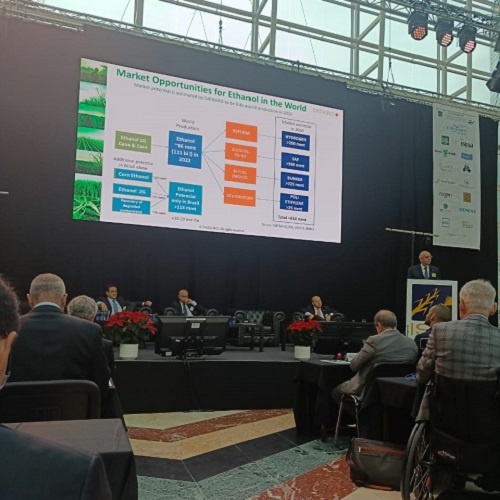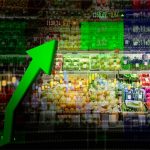London: The first day of the 32nd International Sugar Seminar saw detailed discussions on sustainability, green energy, biofuel, and how the sugar industry is a catalyst in bringing about the much-needed change towards clean fuel and the net-zero emission goal.
Walmir Soller, CEO of Braskem, spoke at length about bio-based plastic solutions. He said, “The global shift to a net-zero circular economy represents an opportunity for bio-based plastic solutions.”
There has been a lot of buzz regarding the sugar production outlook for Asian giants India and Thailand. Speaking on ‘Productivity in Thailand,’ Win Panitvong, Executive Director of Nakornphet Sugar Ltd. and Member of the Thai Sugar Millers Corporation, said that sugar production from Thailand in the new season of 2023-24, which begins in December, will be less. He said, “There will be less sugar from Thailand in 2023-24 due to poor yield compared to previous seasons. We are looking at a 78 million ton sugarcane crop in the new season, which will begin in December 2023. Considering that internal consumption remains at 2.5 million tons, the sugar export from Thailand in 2023-24 is expected to be 5.7 million tons.”
The highlight of the day was the session on Trade Flows. Luca Meierhofer, Sugar/Global Head of Physical Trading at LDC, said that the world is in a precarious situation. He said, “Brazil has a very good crop, but they don’t have the export capacity to supply it to the world. Next month, the export capacity in Brazil will fall from 3 MMT to 2.5 MMT, due to the shutting of a terminal. We need to add more export capacity soon.”
Kona Haque, Head of Research at EDF&Man, said that India, which was supplying huge quantities of sugar to the world market, will not be able to do so at this point. She said, “El Niño has caused reservoir levels to fall. Southern states have seen big drops in acreage. The world cannot rely on India in the short term. Thailand also won’t have a big recovery in two years due to El Niño conditions.”
Simon Taurins, Head of Consumer at UBS London, spoke about how ethanol has been a big boost for sugar companies. He said, “The rise of crude oil has been positive for ethanol margins. Ethanol is expected to become a key area for growth and valuation upside for sugar.”
The second and concluding day has quite an impressive lineup. The first session pertains to ‘Public Agro Policy in Brazil.’ Mario Campos, President of Bioenergy Brazil, said that the Brazilian constitution in its environmental chapter determines that biofuels should receive differentiated tax treatment compared to fossil fuels. He said, “Brazil will be the first country to implement the Life Cycle concept in the evaluation of the transportation system emissions, with the goal of including sustainable vehicle materials in its manufacturing.”













The sugar cane utlised industries ( sugar,bio ethanol, jaggerry or other users of sugar cane should start working on edible colors from sugar cane surface color,sugar cane wax from press mud,tri acontanol. From sugar cane wax,2 g ethanol from bagasse, methane..hydrogen..ammonia from spent wash and finally utlise spent wash for growth of water hyacinth and again bio methane from water hyacinth thus avoiding evaporation of spent wash.